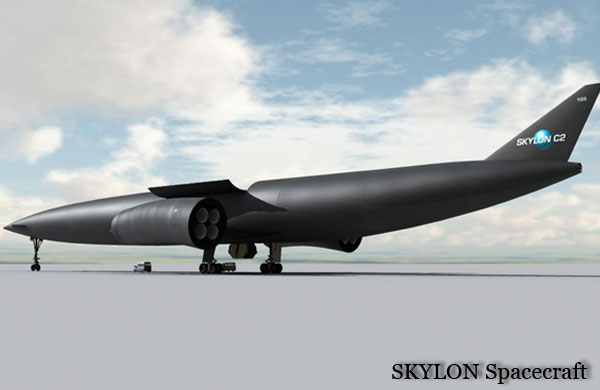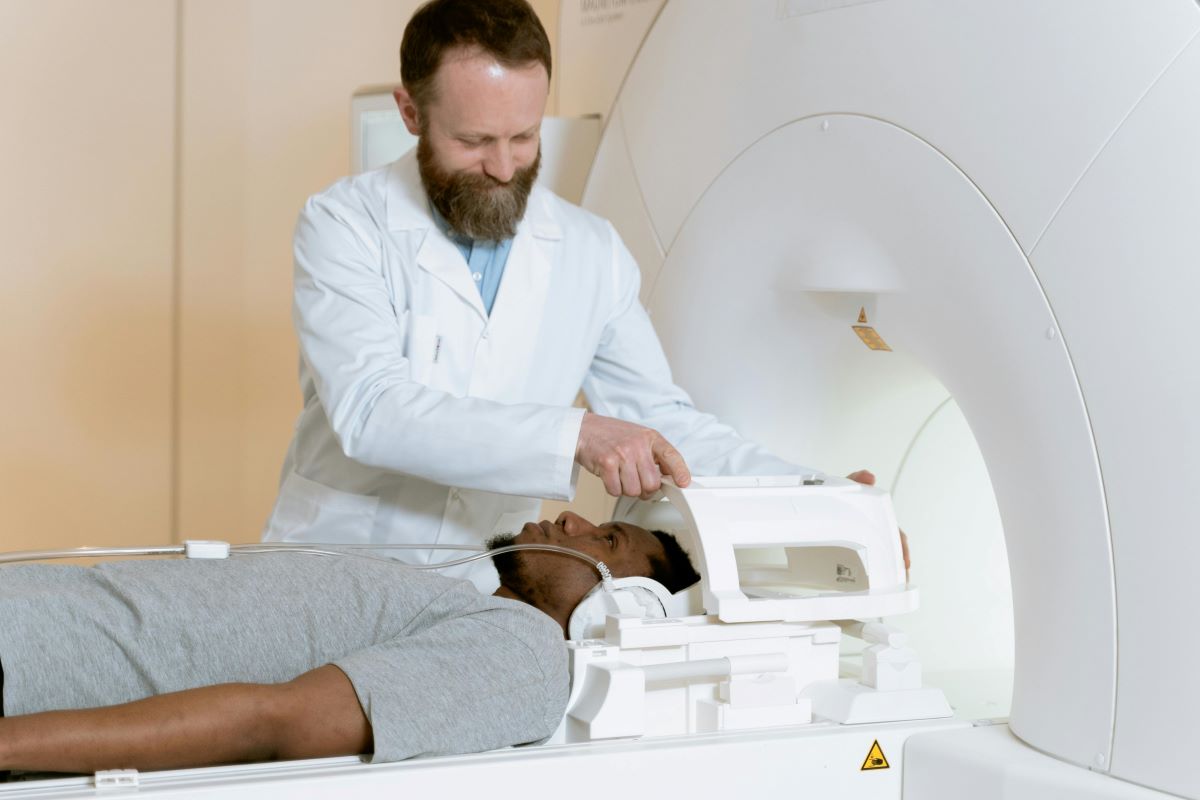The reaction Engines Ltd. Unveiled the completion of a test of its new product SABRE engine’s pre-cooler system on November 28, 2012. It is a typical type of a HYBRID jet. It can attain the velocity of 3,800 mph, 3,300, 6,115 km/h. The company had carried out its own tests in this year, this was done under the supervision of the European Space Agency (ESA) on behalf of the UK Space Agency.
skylon: Ready To Take Off
According to the company, all objectives of this craft have been successfully achieved. The specially designed aircraft is able to take off and land at any ordinary airports. Like many other Hypersonic crafts, SKYLON will take off and accelerate to Hypersonic speeds under its own power without any help of rocket booster or Mothership. Its engine is thermo dynamically simple and specially designed to be lightweight.
Engine Review Of SKYLON Spacecraft
SKYLON is basically a rocket engine that uses a pre-cooled compressor. Since it works on everything from a dead stop to escape velocity, the SABRE engine not only needs to be able to switch from jet to rocket mode, it also needs to be able to reconfigure itscin flight to accommodate the constantly changing pressure and temperature of the air blasting into it.
Spacecraft’s Cost: U.S. $40 million
According to the makers of Skylon, the engines are possible to be built with current technology. It can take about 15 tons of cargo into space, and since it is reusable, it can greatly reduce the costs involved. Since the spacecraft does not have to throw away high-tech equipment on each flight, the costs involved are further reduced. It is estimated that flights of Skylon would cost U.S. $40 million, which is lower in cost than various other options available in the market.
Engine feasibility
SABRE is using a closed-loop helium cycle for designed to cool the incoming air stream from over 1,000ºC in less than 1/100th of a second without blocking with frost. It’s less wasteful of the hydrogen, which keeps the helium loop cold and avoids hydrogen bristling. Reaction Engines is still very far from a completed engine and manufacture of SKYLON.
In November 2012, Testing of the technologies was successfully completed and allowing Skylon’s design to advance to its final phase. The developer estimated the total lifetime cost of the program to be about $12 billion. As of 2012, only a small portion of the funding required to develop and build Skylon had been secured.




